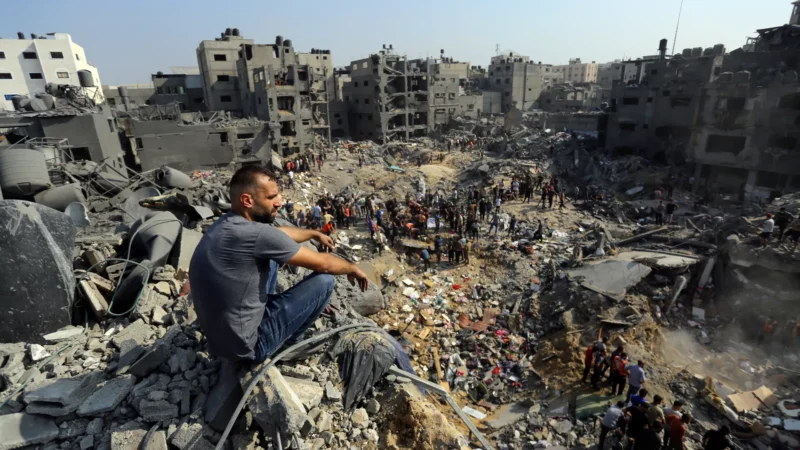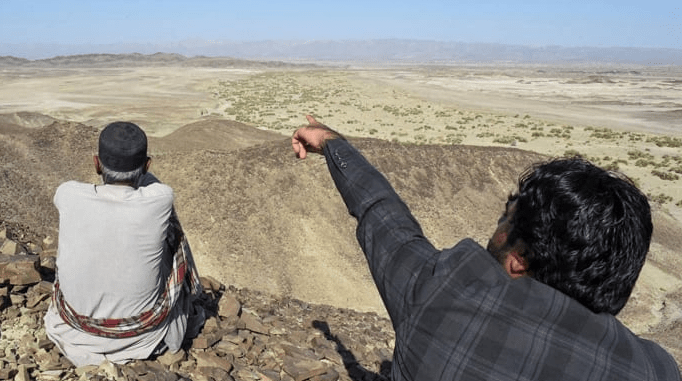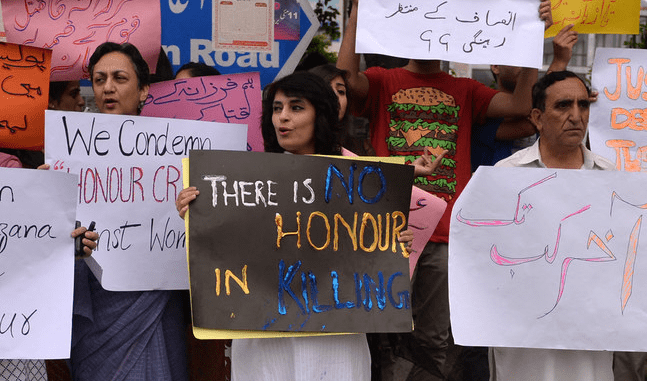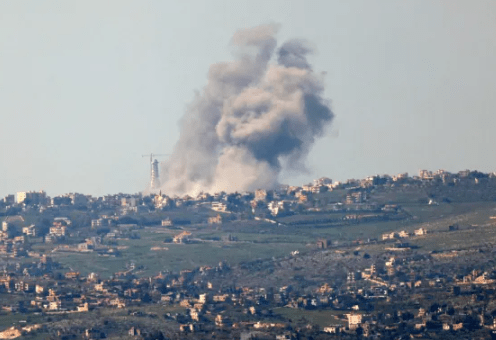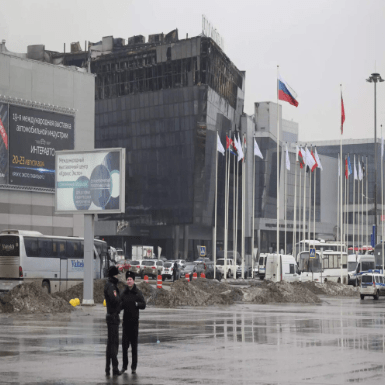UAE’s lone nuclear plant ‘well protected’, regulator says amid Houthi threats
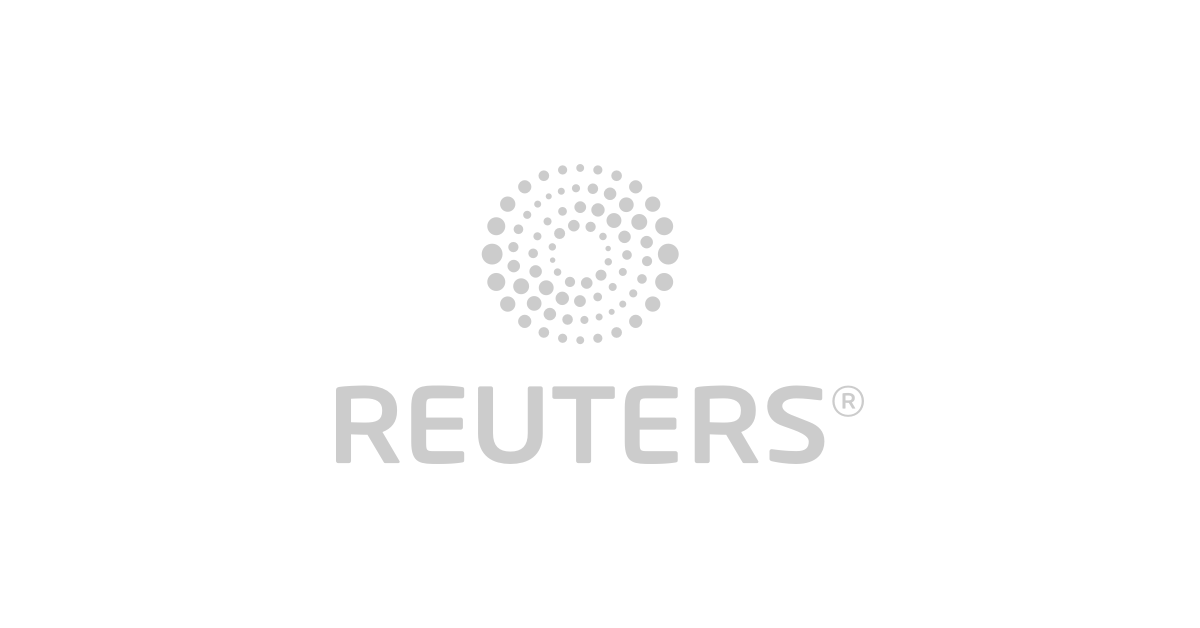
DUBAI, Feb 23 (Reuters) – The United Arab Emirates’ only nuclear power plant is “well protected” against security threats, the regulator said on Wednesday, following a series of unprecedented drone and missile attacks on the Gulf state.
Yemen’s Iran-aligned Houthis said in 2017 they fired a cruise missile towards the Barakah plant, a report which the UAE denied. The group has repeatedly threatened to target critical infrastructure in the UAE.
The Houthis have claimed three drone and missile assaults on the UAE this year, with another claimed by a little-known group. A Jan. 17 strike killed three people in Abu Dhabi and wounded more.
Register now for FREE unlimited access to Reuters.com Register
“The nuclear power plant is designed according to high security principles and we have issued regulations for physical and cyber security,” Federal Authority for Nuclear Regulation (FANR) Director General Christer Viktorsson said.
“The sensitive parts of the power plant are well protected for any event,” he told reporters.
The UAE overall has “robust security”, he added.
A Saudi-led coalition intervened in Yemen in 2015 after the Houthis ousted the internationally recognized government from Sanaa. The movement says it is fighting a corrupt system and foreign aggression.
The plant in Abu Dhabi, one of the UAE’s seven emirates and the nation’s capital, is the Arab world’s first nuclear power station and part of the oil producer’s aim to achieve net zero emissions by 2050.
Barakah will have four reactors with 5,600 megawatts (MW) of total capacity – equivalent to 25% of the UAE’s needs.
The first unit began delivering 1400 MW to the national grid in April 2021.
Unit 2, which was licensed to operate in March 2021, is undergoing testing and expected to contribute 1400 MW to the national grid soon, Viktorsson said.
FANR expects to issue Unit 3’s operating licence later this year, once plant operator Nawah Energy demonstrates regulatory requirements are met.
Nawah can then start an 8-9 month testing phase followed by national grid connection.
A licence to operate Unit 4 is expected roughly a year after Unit 3’s is granted, he said.
Register now for FREE unlimited access to Reuters.com Register
Reporting by Lisa Barrington; Editing by Nick Macfie
Our Standards: The Thomson Reuters Trust Principles.

